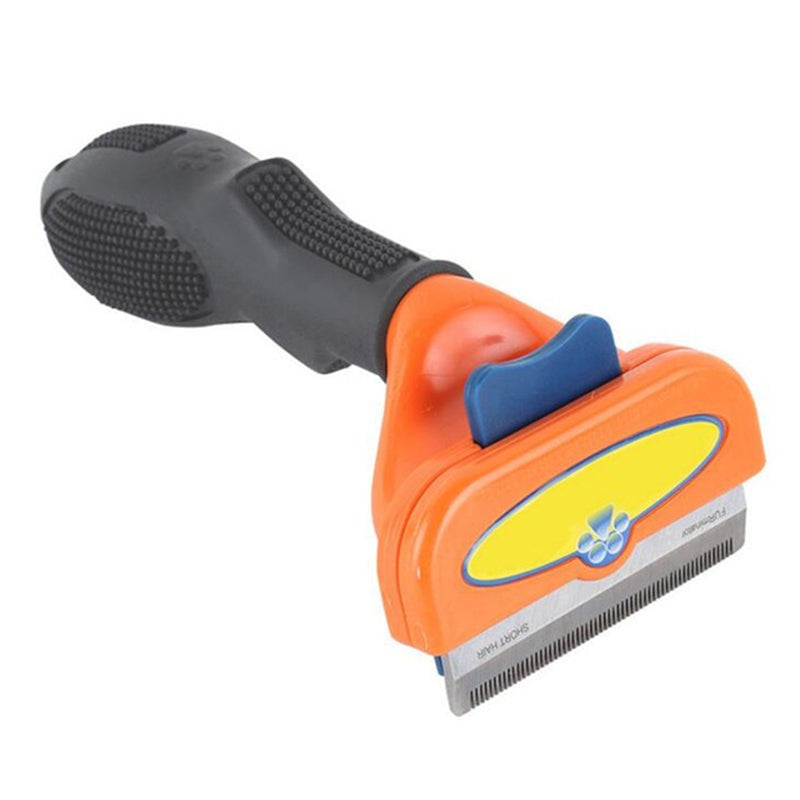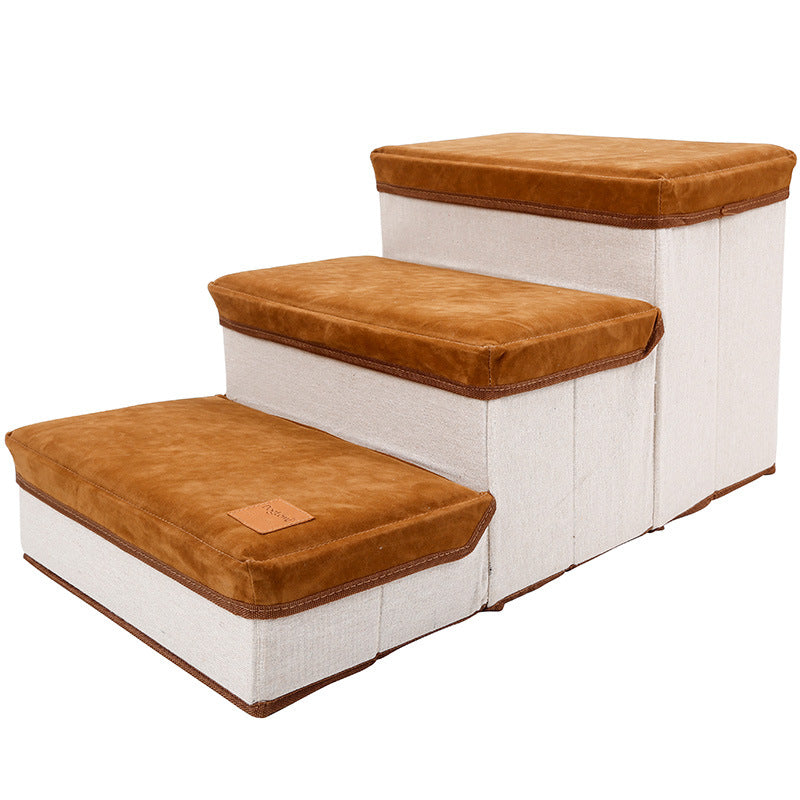
Boston Terriers are charming and lively companions known for their distinctive tuxedo-like coat and friendly demeanor. As a responsible pet owner, it's essential to ensure that your Boston Terrier enjoys a long and healthy life, which includes taking care of their joints. Joint health is crucial for these active little dogs, as they are prone to certain orthopedic issues. In this article, we'll provide you with eight valuable tips to help keep your Boston Terrier's joints young and strong.
Understanding the Importance of Joint Health
Before diving into the tips, let's briefly understand why joint health matters for Boston Terriers. These dogs are prone to joint problems, such as hip dysplasia and luxating patella, which can lead to pain, discomfort, and reduced mobility. By proactively taking steps to support their joint health, you can help your furry friend live a happier and more active life.
Tip 1: Maintain a Healthy Weight
One of the most significant factors affecting joint health in Boston Terriers is their weight. Excess weight places added stress on their joints, increasing the risk of problems like arthritis. Ensure your Boston Terrier maintains a healthy weight through a balanced diet and regular exercise.
Tip 2: Provide Proper Nutrition
Nutrition plays a pivotal role in maintaining joint health. Choose a high-quality dog food that contains essential nutrients like glucosamine and chondroitin, which promote joint flexibility and reduce inflammation. Consult your veterinarian to determine the best diet for your Boston Terrier's specific needs.
Tip 3: Regular Exercise
Regular exercise is vital for keeping your Boston Terrier's joints agile. Engage them in activities like brisk walks, fetch, and interactive play to help maintain muscle strength and joint flexibility. Be mindful not to overexert them, especially in extreme weather conditions.
Tip 4: Joint Supplements
Consider adding joint supplements to your Boston Terrier's diet. These supplements often contain key ingredients like omega-3 fatty acids, which reduce joint inflammation, and antioxidants that support overall joint health. Consult your vet for recommendations.
Tip 5: Provide Orthopedic Bedding
Invest in orthopedic bedding for your Boston Terrier's comfort. A supportive bed can help alleviate joint pain, especially in older dogs. Look for options that offer memory foam or other orthopedic features.
Tip 6: Regular Vet Check-ups
Schedule regular check-ups with your veterinarian to monitor your Boston Terrier's joint health. Early detection of joint issues can lead to more effective treatment options and a higher quality of life for your furry friend.
Tip 7: Gentle Grooming
Boston Terriers have short coats, but regular grooming is still essential. Gentle brushing not only keeps their coat healthy but also allows you to inspect for any signs of joint discomfort or inflammation.
Tip 8: Provide Adequate Rest
Lastly, ensure your Boston Terrier gets adequate rest. Overactivity can strain their joints, so make sure they have a quiet and comfortable space to relax. Consider using ramps or stairs to help them access furniture without jumping.
FAQs
Q1: How often should I give joint supplements to my Boston Terrier?
A1: The frequency of joint supplements can vary. Consult your vet for specific recommendations based on your dog's age, weight, and any existing joint issues.
Q2: Are there any signs that my Boston Terrier may be experiencing joint problems?
A2: Yes, common signs include limping, stiffness, reluctance to jump or play, and vocalizing when touched in specific areas.
Q3: Can I use human joint supplements for my Boston Terrier?
A3: It's best to consult your veterinarian and use supplements designed specifically for dogs to ensure the right dosage and ingredients.
Q4: Are Boston Terriers more prone to joint issues than other breeds?
A4: While Boston Terriers are more susceptible to certain joint problems, proactive care can significantly reduce the risk.
Q5: Is surgery the only option for severe joint issues in Boston Terriers?
A5: Surgery may be necessary in some cases, but it's not the only option. Consult your vet for a comprehensive treatment plan.
Conclusion
In conclusion, your Boston Terrier's joint health is a crucial aspect of their overall well-being. By following these eight tips, you can help keep their joints young and vibrant, ensuring they enjoy a happy and active life. Remember to consult your veterinarian for personalized advice and continue to provide the love and care that your loyal companion deserves.
Take action now to support your Boston Terrier's joint health! Start by implementing these tips, and watch your furry friend thrive.





2 comments
what is the best medicine to protect Boston knees, help delay the on set of problems I am looking at welactin 3ta, dasuquin, nutramax cosequin soft chews
what is the best medicine to protect Boston knees, help delay the on set of problems I am looking at welactin 3ta, dasuquin, nutramax cosequin soft chews